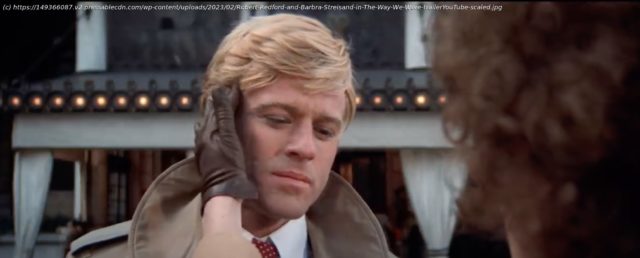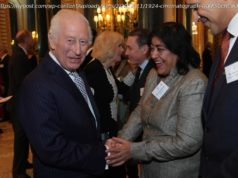Array
I intended to write only one movie-themed Valentine’s Day piece this week — on how the death of the heteronormative love story by a thousand feminist cuts — the banishment of male role models, femininity erasure, “Me Too” abuse, gender confusion — has not only wrecked cinema but embittered real-life romance. But I pushed that essay back a bit after reading a new book on the making of the seminal 1970s romance, The Way They Were: How Epic Battles and Bruised Egos Brought a Classic Hollywood Love Story to the Screen, by Robert Hofler.
The Way We Were (1973) is nowhere near a great movie, nor even a particularly good one. Yet it was almost a total embarrassment except for the unique artistry of pre-Hollywoke filmmaking, which rescued it from its original concept as both a Barbra Streisand ego-fest and another anti-McCarthy screed. What instead emerged almost alchemically is a rare worthwhile depiction of a creative writer trying to justify his lover’s faith in him, as played by two major stars, and this only due to the recalcitration of one of them, Robert Redford.
At the time a much bigger film star than Streisand, Redford initially refused to join screenwriter-playwright Arthur Laurents’ ode to her and tedious tirade against the Hollywood Blacklist absent the enrichment of his role — golden boy WASP author, Hubbell Gardner. According to the director, Sydney Pollack, “He didn’t like the character, he didn’t like the concept of the film, he didn’t think the politics and love story would match.” Redford was right on all counts, including the Hollywood sacred cow of McCarthyism. Although a diehard progressive himself, he was also a discriminating artist, who actually called the movie’s third-act focus on the Blacklist “bulls**t kneejerk liberalism.”
Though the actor’s playing hardball frustrated producer Ray Stark (Funny Girl), who wanted to immediately hire Ryan O’Neill rather than negotiate, director Sidney Pollack knew how indispensable Redford would be.






